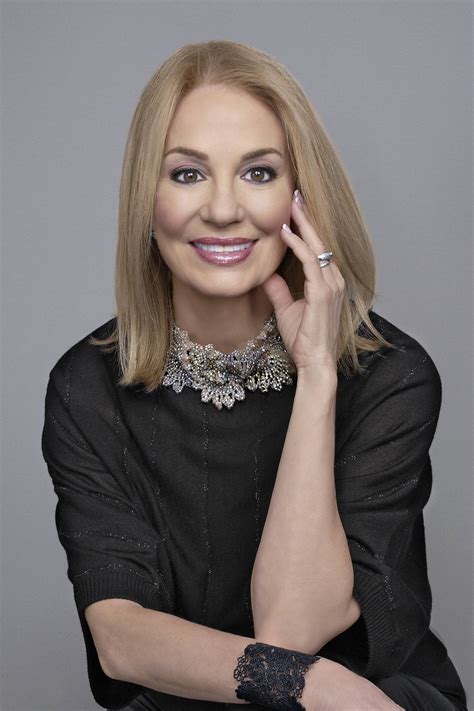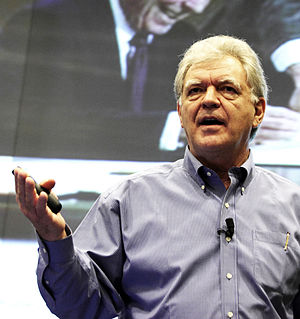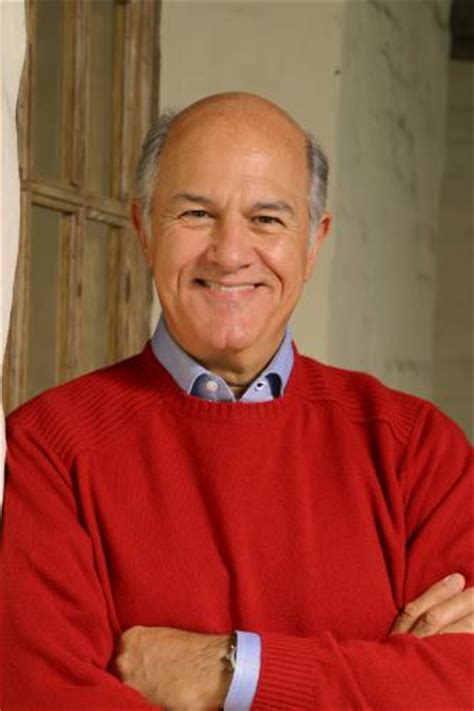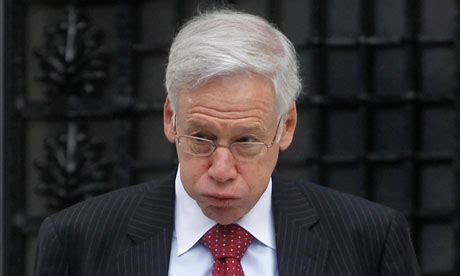A Quote by Suzanne Bates
Many leaders rely on confidence, the ability to make timely decisions, and hold themselves and others accountable. But some of these leaders have not yet developed resonance, the ability to read the room, understand and appreciate the thoughts and emotions of others.
Related Quotes
All of great leaders evidence four basic qualities that are central to their ability to lead: adaptive capacity, the ability to engage others through shared meaning, a distinctive voice, and unshakeable integrity. These four qualities mark all exemplary leaders, whatever their age, gender, ethnicity, or race.
A hallmark of high performance leaders is the ability to influence others through all levels and types of communication, from simple interactions to difficult conversations and more complex conflicts, in order to achieve greater team and organizational alignment. High performing leaders are able to unite diverse team members by building common goals and even shared emotions by engaging in powerful and effective dialogue.
Leaders encourage others to continue the quest and inspire others through courage and hope. Leaders give heart by visibly recognizing others' contributions to the common vision. With a thank you note, a smile, an award, and public praise, the leader lets others know how much they mean to the organization.
Most people define "street smarts" as some innate ability to make savvy decisions, or one that has developed as a result of a person being confronted with very challenging circumstances in the past. I think another common term that is used is one who has amazing "business acumen." But, whatever we call it, it is always associated with some mysterious ability, only a few possess, that allow them to make better decisions than the rest of us.
Authenticity is about imperfection. And authenticity is a very human quality. To be authentic is to be at peace with your imperfections. The great leaders are not the strongest, they are the ones who are honest about their weaknesses. The great leaders are not the smartest; they are the ones who admit how much they don't know. The great leaders can't do everything; they are the ones who look to others to help them. Great leaders don't see themselves as great; they see themselves as human.






























